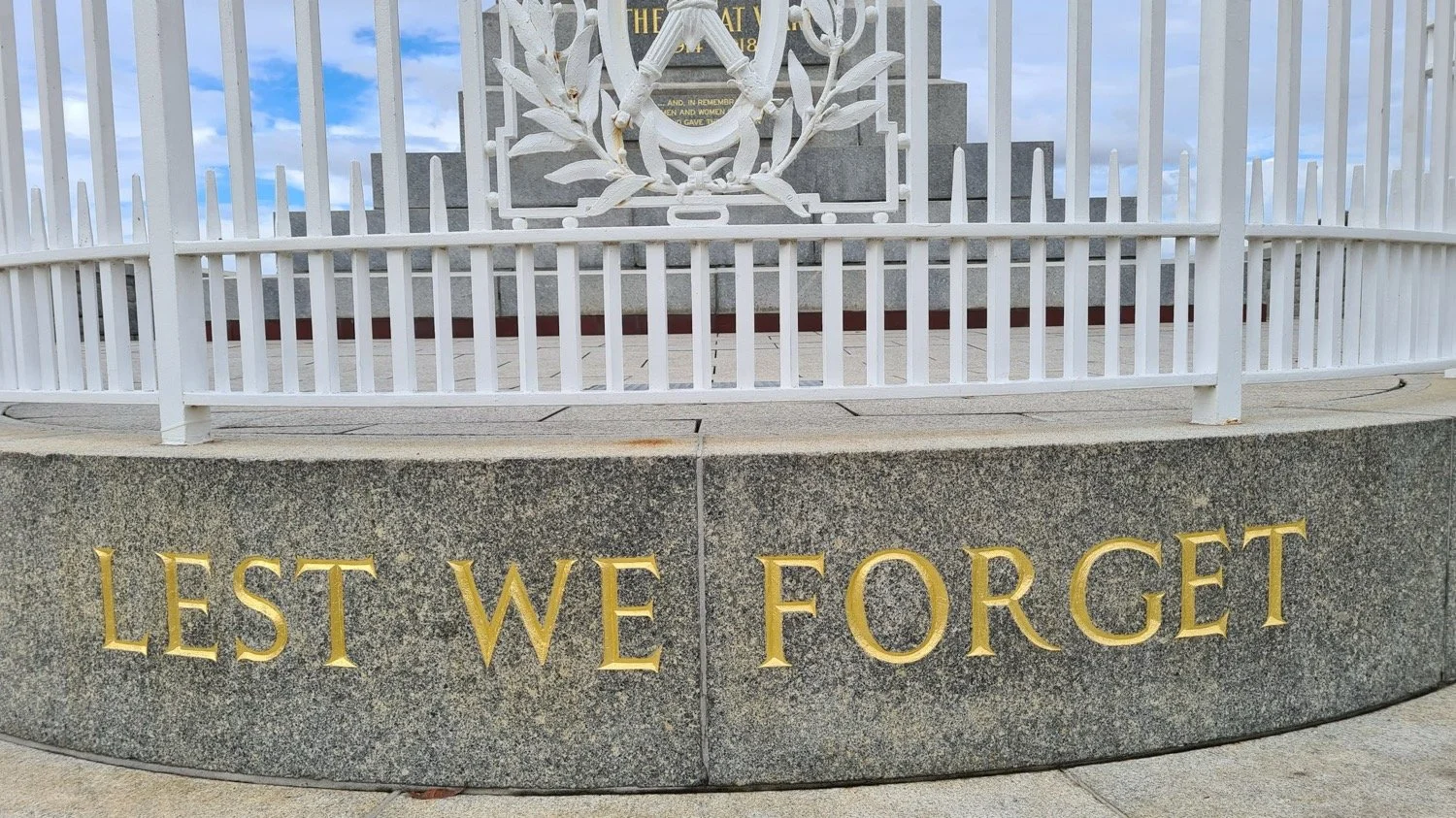Readings for the day: Isaiah 13-17
I’ve been reading through the Bible for over twenty years now and there’s always more to learn. There’s always room to grow in my understanding. When I first read through the prophetic literature of Isaiah, Jeremiah, Micah, etc. I really struggled. I couldn’t get my mind around a God who would bring such fierce judgment. Babylon. Assyria. Moab. Philistia. Syria. All face the wrath of God in our reading today. Cities are laid waste. Infants killed. Women raped. Temples desecrated. Fields burned. All that’s left is emptiness. A wasteland where wild goats, hyenas, and jackals roam. Where there was once communities teeming with life. The hustle and bustle of markets. Men working out in the fields. Women cooking and cleaning. Children running and playing. Now there is nothing. The sound of silence. The great empire of Babylon has fallen. The great empire of Assyria has fallen. The great nation of Moab is no more. The ports of the Philistines left desolate.
Why did all this happen? It’s a very Western, very American question. Anytime tragedy strikes, we want to know why. We want to understand. We want there to be a logic to it all. We read about such destruction and we think, “How can this be right?” “What did the people do to deserve such a fate?” “Do the crimes they commit justify the punishment?” It’s because we live in what cultural anthropologists call a “guilt/innocence” culture. We view things in terms of right or wrong. Black or white. One is either guilty or innocent. Everyone is responsible for their own behavior. Everyone is judged according to their own merits. We follow the rules. We are governed by laws. You either obey or disobey and then face the consequences. It is a highly individualized way to look at the world. So when we approach a text like today, we want to know what the Babylonians - each individual Babylonian for that matter - did to deserve their fate. We want to know what the Assyrians - every Assyrian man, woman, or child - did to earn judgment. And we struggle to understand how God could kill the innocent along with the guilty.
The authors of Scripture live in an “honor/shame” culture. The highest goal in this paradigm is to preserve the honor of the community. The honor of the tribe. The honor of the family. Men are “successful’ insofar as they advance their family’s honor in the public sphere. Women are “successful” insofar as they maintain the family honor through their modesty and purity. There is significant emphasis placed on the externals. “What do others think?” And maintaining social status as part of the group is paramount so you will have no problem surrendering your own wants and desires in favor of what benefits the larger community.
What does all this have to do with Isaiah? Consider the following passage... “How you are fallen from heaven, O Day Star, son of Dawn! How you are cut down to the ground, you who laid the nations low! You said in your heart, 'I will ascend to heaven; above the stars of God I will set my throne on high; I will sit on the mount of assembly in the far reaches of the north; I will ascend above the heights of the clouds; I will make myself like the Most High.' But you are brought down to Sheol, to the far reaches of the pit.” (Isaiah 14:12-15) Often interpreted allegorically as a reference to Satan’s initial sin way back in eternity, it refers more specifically to the sin of Babylon. Not content to serve simply as God’s instrument of judgment on the nations that surrounded them, including the southern kingdom of Judah, they grew prideful. Arrogant. They sought to ascend to God’s throne and in this way “shamed” and “dishonored” Him. It’s the same with Assyria. “I will break the Assyrian in my land, and on my mountains trample him underfoot; and his yoke shall depart from them, and his burden from their shoulder." (Isaiah 14:25) Philistia. “Wail, O gate; cry out, O city; melt in fear, O Philistia, all of you! For smoke comes out of the north, and there is no straggler in his ranks.” (Isaiah 14:31) Moab. “We have heard of the pride of Moab— how proud he is!— of his arrogance, his pride, and his insolence; in his idle boasting he is not right.” (Isaiah 16:6) All of them “shame” God by refusing to acknowledge Him. And because “shame” is viewed collectively rather than individually, the entire nation suffers judgment as God “reclaims” the honor of His name. “In that day man will look to his Maker, and his eyes will look on the Holy One of Israel. He will not look to the altars, the work of his hands, and he will not look on what his own fingers have made, either the Asherim or the altars of incense.” (Isaiah 17:7-8)
Understanding the “honor/shame” cultural dynamic changes the way we read Scripture. It helps us to understand God’s primary goal is NOT to get us to do the right thing so much as deal with our shame. To recover the honor that was lost when Adam and Eve first sinned in the Garden, realized they were naked, and hid from God’s presence because they were ashamed. God demands our obedience not because he’s after outward compliance with all the rules and regulations but because it is through our faithful obedience that we bring honor to His name. Honor to His family. Honor to our “tribe” as it were. Abraham honored God by his faith and was blessed. Moses honored God through his obedience and was blessed. David honored God through his repentance and heartfelt devotion and was blessed. Over and over again, we see this dynamic play itself out. Honor God - even amidst your sin and mistakes - and God will honor you. Shame God - even if you maintain outward purity and perfection - and you will bring shame upon yourself. Consider your own life. Do you seek to honor God in all you say and do? Do you seek to lift up His reputation? The reputation of His family? His tribe? His people?




